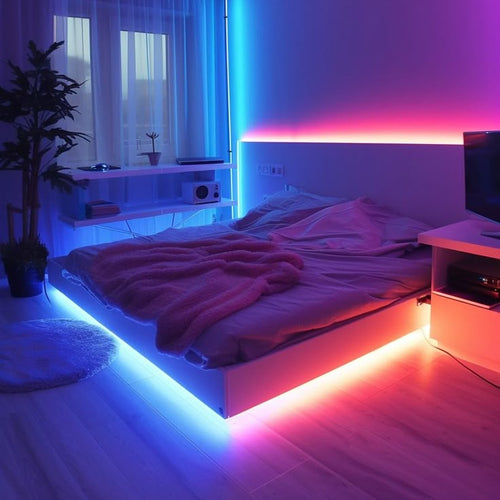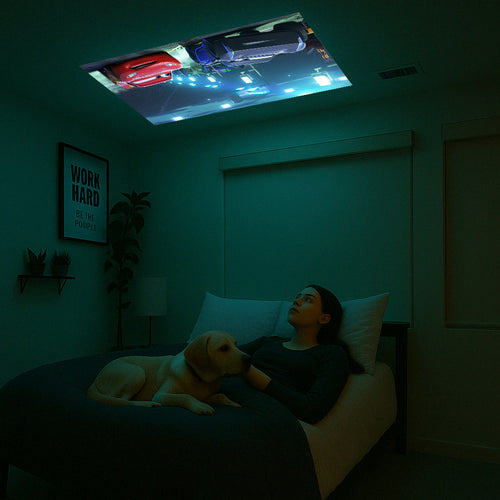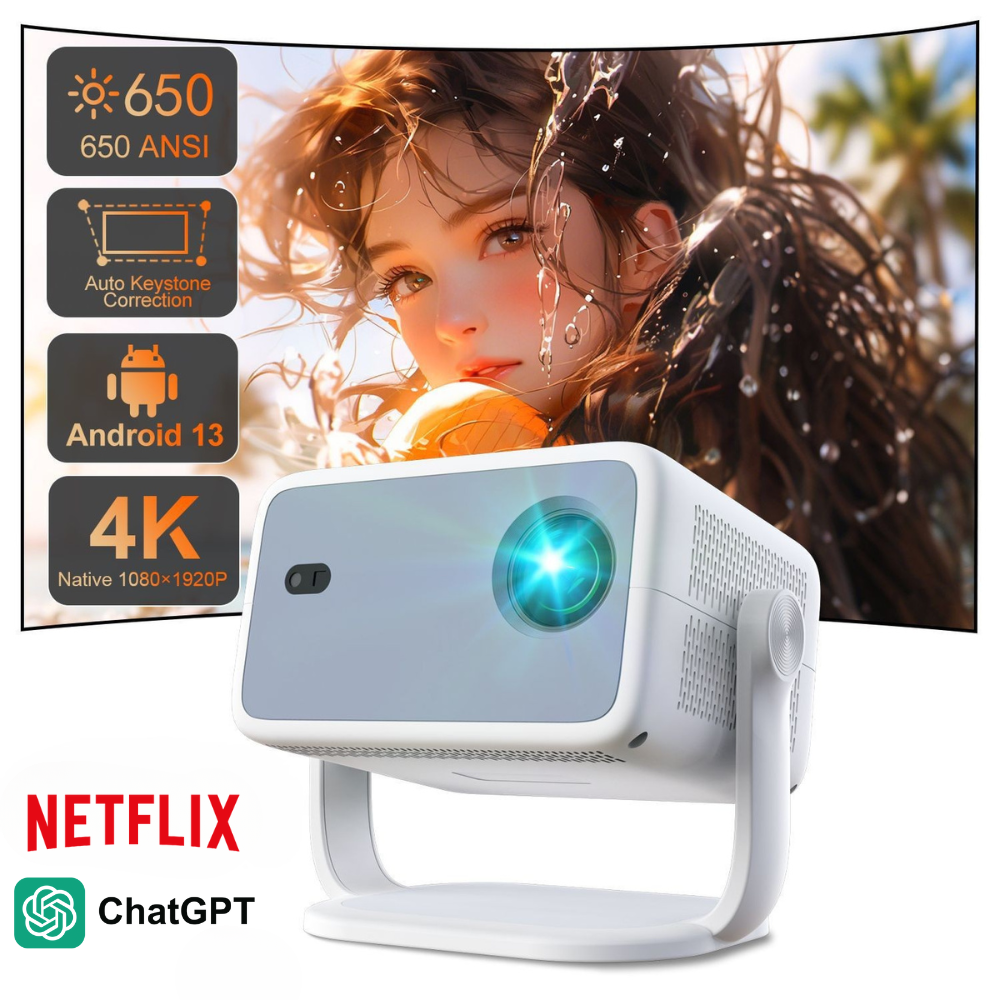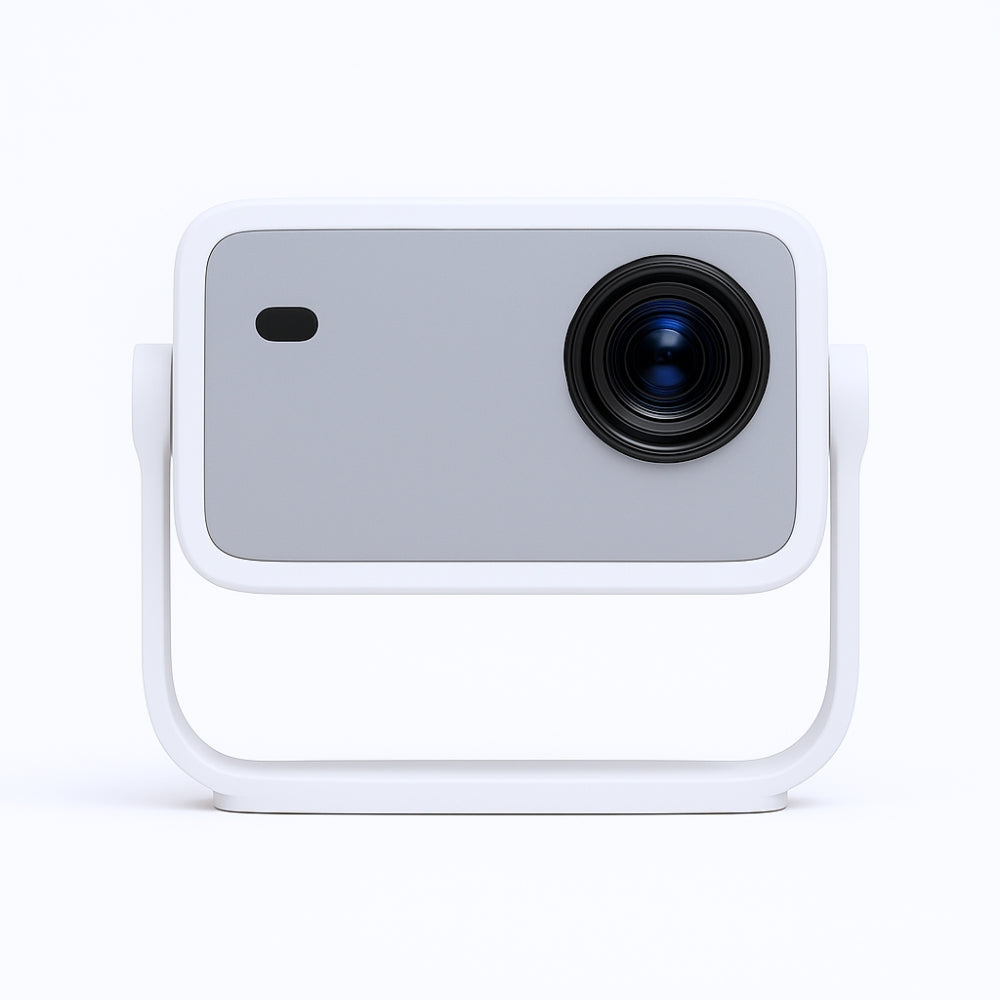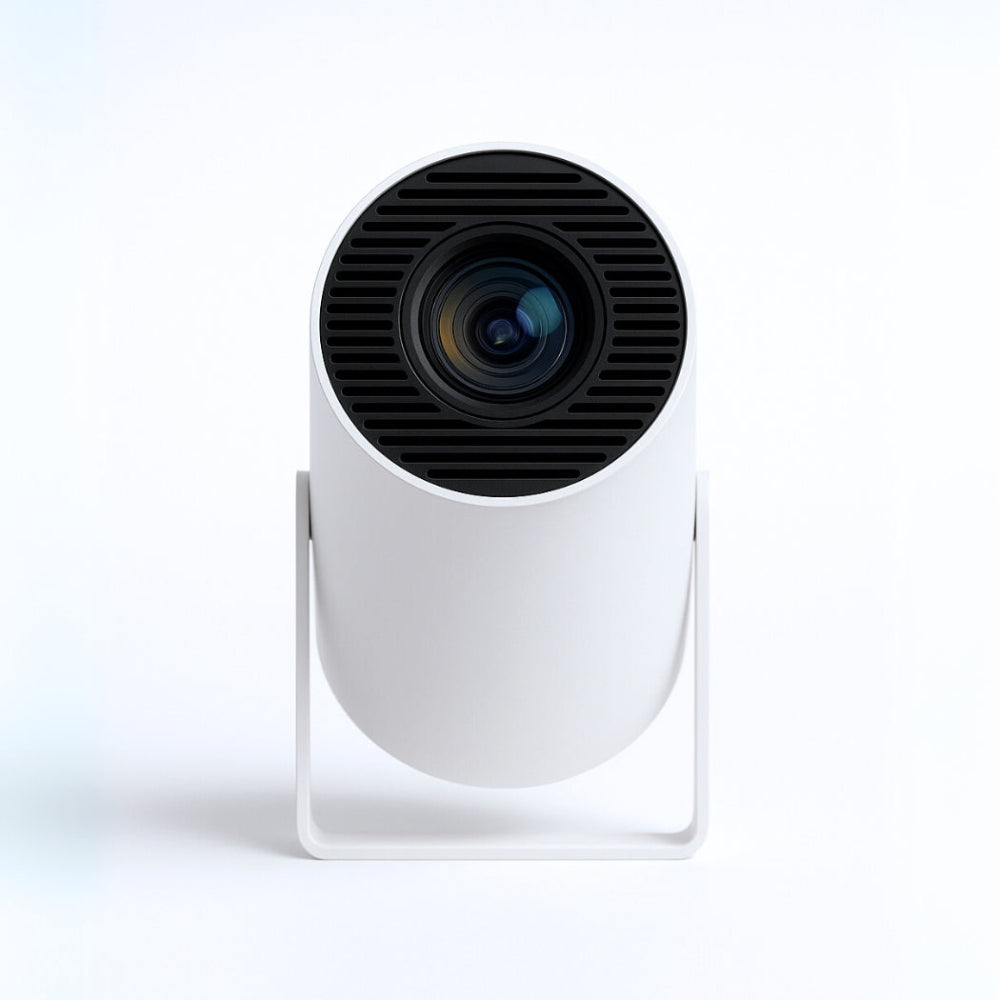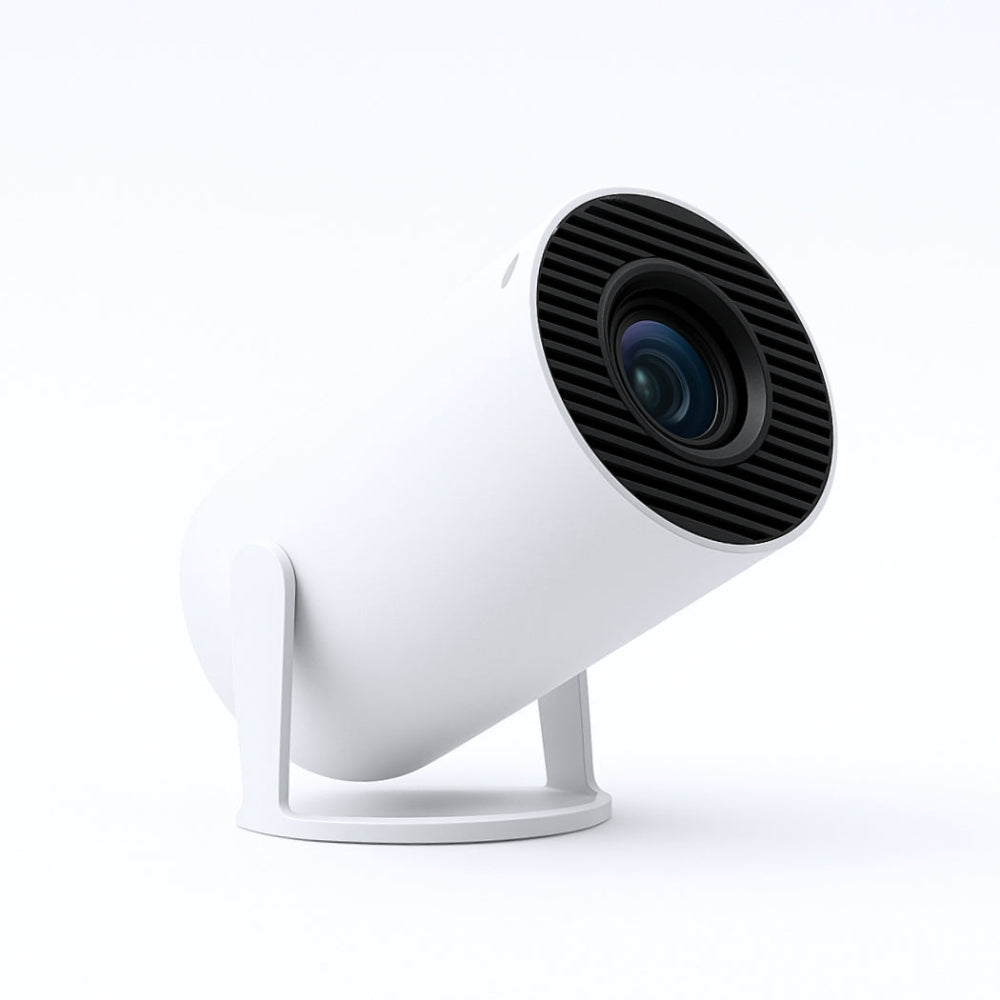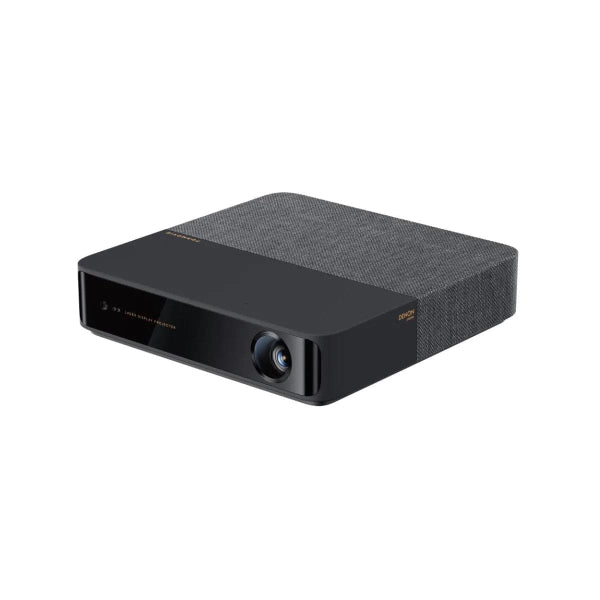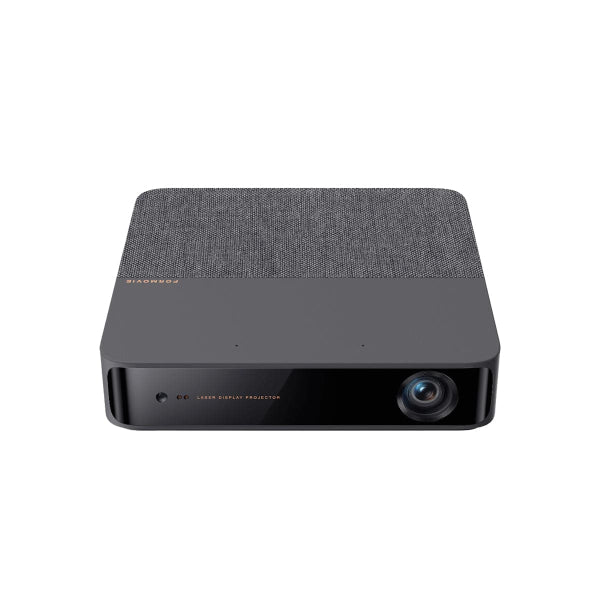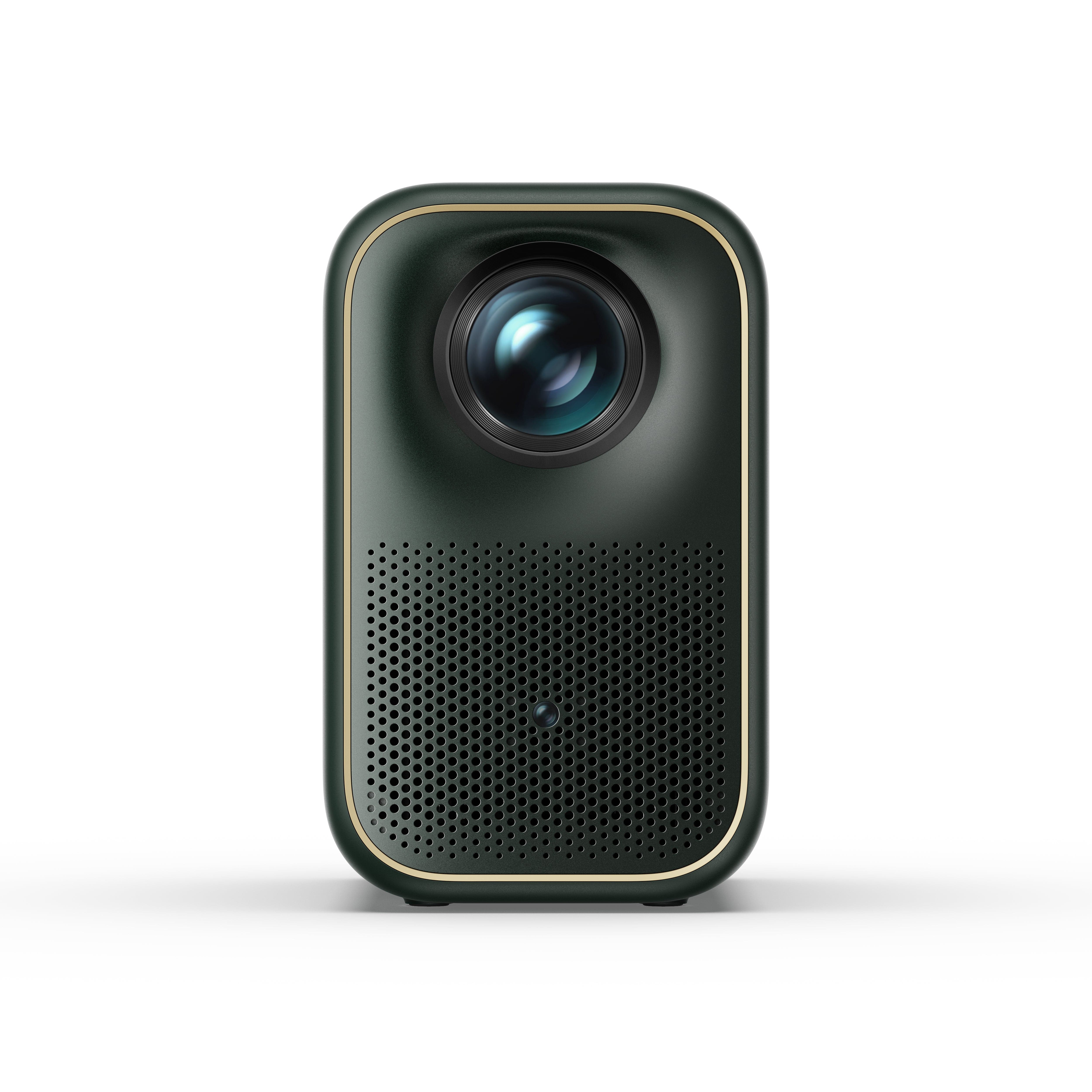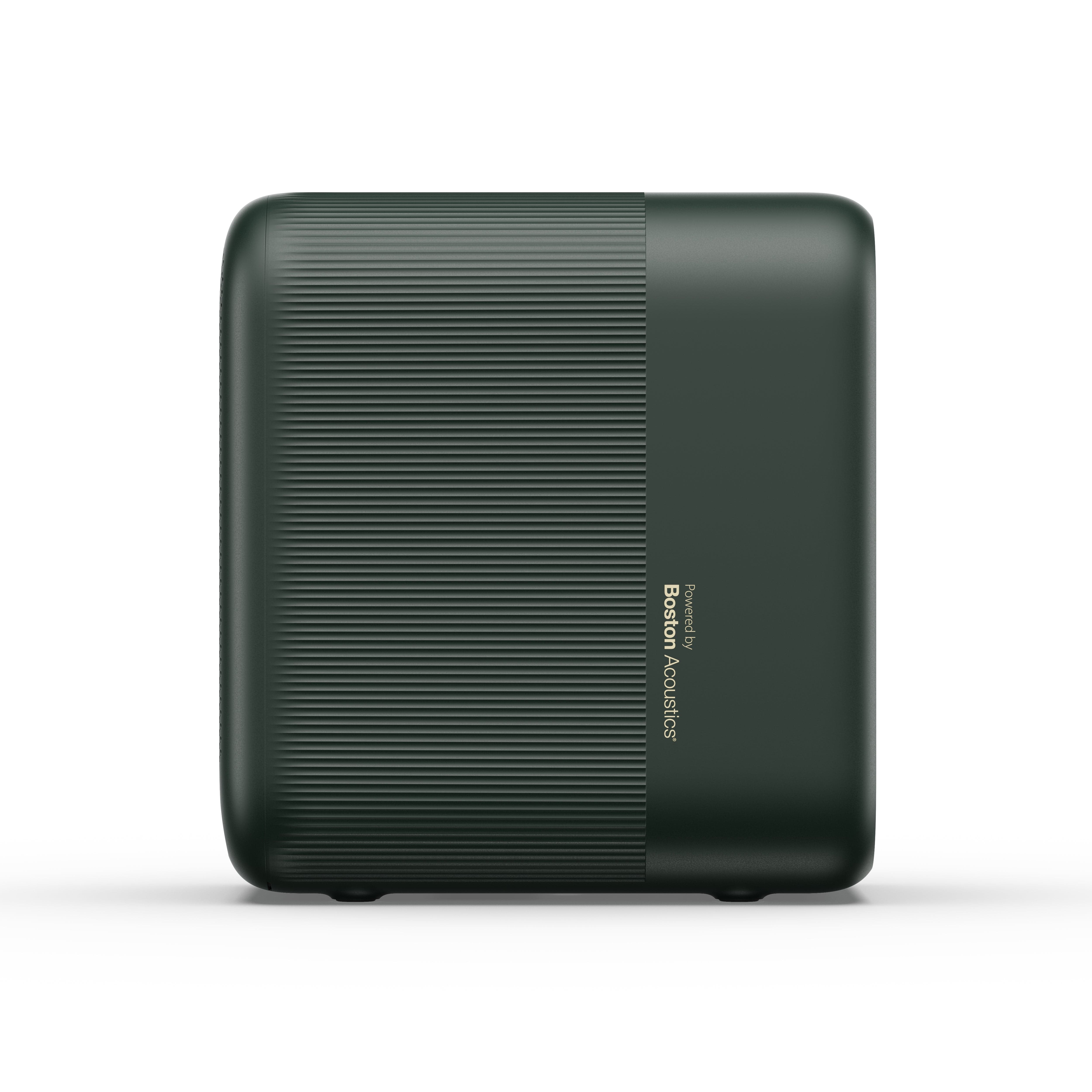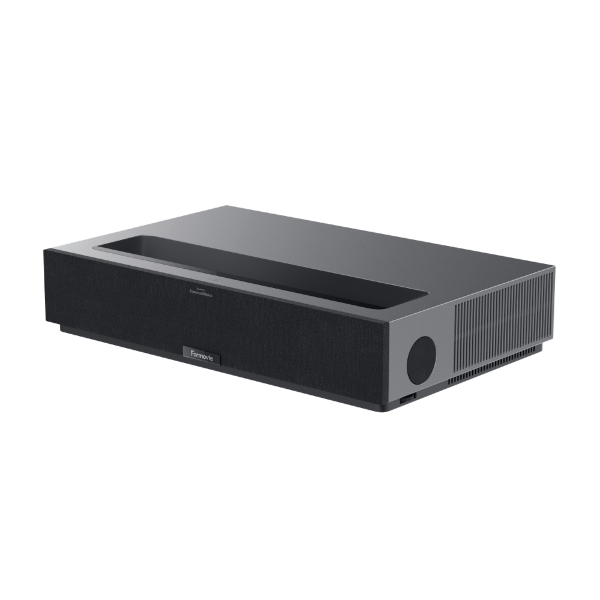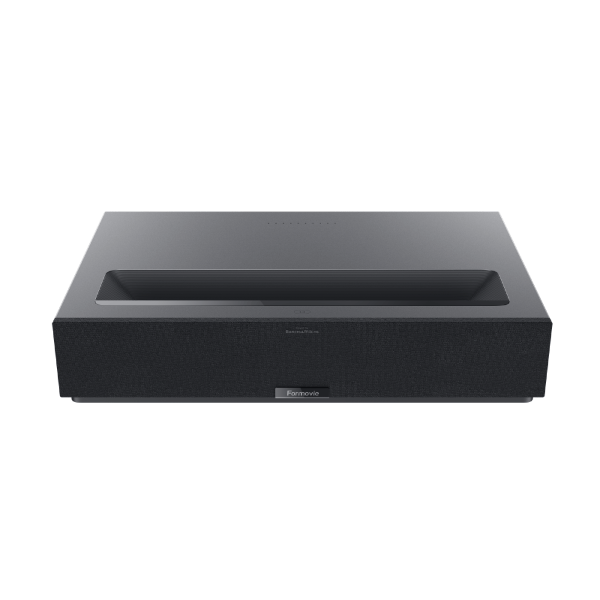Android TV vs. Google TV: What's the difference?
Choosing a new smart projector isn't just about lumens and resolutions anymore. The software that powers your device, its digital brain, is what you'll interact with every single night. It’s the difference between a seamless cinematic experience and a frustrating battle with your remote. In this arena, Google dominates with two platforms that sound deceptively similar: Android TV and Google TV.

But here’s the rub: they deliver vastly different experiences. Which one will make your streaming life easier? Which is better for a 120-inch screen in a dark room? And which one is the smarter investment for the future?
As projector specialists, we've spent hundreds of hours testing devices running both systems in our labs. We’ve seen what works, what lags, and what genuinely makes movie night better. This is the no-nonsense, brutally honest breakdown you won't find on a product spec sheet.
The Big Picture: Think Engine vs. Dashboard
Before we dive deep, let's clear up the single most confusing point. Google TV isn't a separate operating system.

Android TV is the core operating system, the engine. It's the fundamental software that runs the show, manages apps, and connects to the internet.
Google TV is the user interface, the sleek, sophisticated dashboard. It’s a feature-rich "skin" that runs on top of the Android TV engine, completely transforming how you find and watch content.
It’s like a car’s operating system. Android TV is the underlying code that makes the engine, brakes, and lights work. Google TV is the beautiful touchscreen display that learns your favorite routes, suggests new coffee shops, and integrates your music seamlessly. Since 2022, nearly all new, quality smart devices have shipped with the Google TV dashboard. It is the future.
The TL;DR: Your 30-Second Decision Guide
For those who just want the bottom line, here's the cheat sheet:
|
Feature |
Android TV (The Traditionalist) |
Google TV (The Curator) |
|
Home Screen |
A straightforward, customizable grid of your apps. Clean and simple. |
A dynamic, content-first hub with personalized recommendations. Visually engaging. |
|
Philosophy |
App-centric. You open Netflix to find Netflix shows. |
Content-centric. It shows you great content, regardless of which app it's in. |
|
Content Discovery |
Basic. You do the browsing inside each individual app. |
Advanced. AI-driven suggestions from all your services appear on one screen. |
|
Killer Feature |
Simplicity. You have total control over the layout. |
The universal Watchlist that syncs across your phone, laptop, and projector. |
|
User Profiles |
No. Relies on individual app profiles (e.g., your Netflix profile). |
Yes. Full system-level profiles for each family member. |
|
Ideal User |
Prefers a simple, no-fuss experience. Knows exactly what they want to watch. |
Wants to discover new movies and shows. Loves personalized suggestions. |
The Deep Dive: A Feature-by-Feature Showdown
Let's put these two platforms head-to-head in the areas that matter most when you're settling down in front of a giant projected image.
1. The Battle for Your Home Screen: Control vs. Curation
This is the most immediate difference. It defines your entire relationship with your projector.
Android TV: Your Tidy Digital Bookshelf
Booting up an Android TV device feels familiar. You’re greeted by rows of app icons you can arrange. Netflix, Prime Video, YouTube, they sit there waiting. It's clean, predictable, and puts you in control.
Real-World Scenario: Android TV is perfect for the less tech-savvy user. Your dad wants to watch his show on Netflix? He sees the big red 'N', clicks it, and he's in. There are no other distractions. It's a two-click process he can master instantly.
This app-driven approach is its greatest strength and its biggest weakness. It’s simple, but it places the burden of discovery entirely on you.

Google TV: Your Personal Movie Theater Concierge
Google TV takes the opposite approach. It assumes you care about the what, not the where. Its "For You" tab is a rich tapestry of content pulled from all your subscribed services. It doesn't just show you apps; it shows you possibilities.
Real-World Scenario: Your teenage daughter loves anime. She's watched everything on Netflix. Google TV's algorithm knows this. Right on the home screen, it will suggest a trending anime series from Crunchyroll and a classic film from Studio Ghibli on HBO Max, services she might not have thought to open. It connects the dots for her.
This content-driven experience aims to end "decision fatigue" for good.
2. Content Discovery: Who Finds Your Next Binge-Watch Faster?
This is where Google TV's lead becomes undeniable.
Android TV's Siloed Suggestions
Recommendations on Android TV are basic. A "Watch Next" row might show you a half-finished episode, but the suggestions lack deep personalization. You are the hunter, and you have to search through each forest (app) individually to find your next meal.
Google TV's AI-Powered Secret Weapon
How does Google TV find such good recommendations? It uses two secret weapons:
- Google's Knowledge Graph: The same massive brain that powers Google Search understands the relationships between movies, actors, directors, and genres.
- Smart AI: It learns not just what you watch, but how you watch.
Instead of just saying its recommendations are accurate, let's show you. If you finish watching the sci-fi movie The Martian, a basic system might suggest another space movie. Google TV is smarter. It understands the context, survival, science, Matt Damon. It might recommend the documentary Apollo 11 (from Hulu), the gritty survival series Yellowjackets (from Showtime), or another film directed by Ridley Scott (from Prime Video). It thinks in connections, not just categories.
And its true killer feature remains the Universal Watchlist. See a movie trailer on your phone? Google it, tap "Add to Watchlist," and it’s waiting for you in your projector's Library tab that night. It's a seamless feature that makes Android TV feel dated.
3. The Projector Angle: Performance, Hardware, and Future-Proofing
Software is only as good as the hardware it runs on. In our testing, this is what we've seen:
- Performance: A lightweight OS like Android TV can feel snappy even on a projector with a modest processor. Google TV, with its constant background work of pulling in new content, is more demanding. On a cheap, underpowered device, the Google TV interface can exhibit minor lag.
- The Hardware Match: This is why reputable manufacturers pair their OS choice carefully. A premium 4K projector like the Formovie Theatre is built with a powerful modern chipset specifically to run Google TV's rich interface flawlessly. The experience is buttery smooth.
- The Future: Let's be blunt. All of Google's innovation is being poured into Google TV. Buying a projector with Google TV in 2025 means you are investing in a platform that will evolve. Android TV will be maintained, but it will not lead.
The Ultimate Projector OS FAQ: Your Questions Answered
We get these from customers daily. Here are the straight answers.
Is Android TV still worth buying in 2025?
For the right user, yes. If you find an amazing deal on a projector that happens to run Android TV and you prioritize simplicity over features, it's still a very capable OS. It gives you access to the same apps. But you should know you're buying into the outgoing platform.
Is Google TV better than Android TV for projectors?
For 9 out of 10 users, yes. The superior content discovery, universal watchlist, live TV integration, and user profiles create a far more modern and enjoyable experience on a large screen.
Do most new projectors run Google TV?
Yes. Virtually all major brands launching new smart projectors in the mid-to-high-end range are using Google TV as their default operating system. It has become the industry standard.
Which is better for gaming on a projector: Android TV or Google TV?
The core gaming performance is identical. Both platforms have access to the same game streaming apps (like GeForce Now) and the Google Play Store. Google TV sometimes has a "Game Mode" that can slightly reduce input lag, but the difference for casual gaming is negligible. Your projector's native input lag is a much more important factor.
The Verdict: How to Choose the Right OS for Your Home Cinema
At The Projection Room, our advice is always tailored to the user. Here’s how to decide.
Choose a projector with Android TV if...
- You are The Streaming Minimalist: You stick to 2-3 apps and know what you want. You find extra recommendations to be clutter.
- You Prioritize Simplicity: You want an interface that is foolproof, predictable, and requires zero learning curve for anyone in the family.
- You are a Value Hunter: You're looking for the absolute best performance-for-dollar, and some excellent closeout or entry-level models still offer incredible value with Android TV.
Our Android TV Value Pick: The Cloud Projector HD is a fantastic portable projector running a clean version of Android TV. It proves you don’t need the flashiest OS to get a great picture anywhere.
Choose a projector with Google TV if..
- You are The Content Explorer: You love discovering new, hidden gems and want your projector to help you find them.
- You are The Subscription Juggler: You have multiple services and want them to play nicely together in one unified, easy-to-navigate hub.
- You are The Connected Home Builder: You want the best integration with your Google account, smart home devices, and content across all your screens.
- You are The Future-Proofer: You're making a long-term investment and want the platform that will receive the best features and support for years to come.
Our Premier Google TV Recommendations: For the ultimate, no-compromise home cinema, the JMGO N1 Nano pairs a breathtaking 4K triple-laser image with the fluid intelligence of Google TV. For outstanding all-around performance, the JMGO N1 Ultra's gimbal design and stunning brightness make its Google TV interface a joy to use in any room.

Your Next Move
While Android TV built the foundation, Google TV has constructed a smarter, more personal cinema on top of it. It spends less of your time searching and more of your time watching. For the modern viewer, it is the clear winner.
Don’t settle for guesswork. An operating system is something you use every single day. Upgrading your projector is a chance to upgrade that entire experience.
Ready to future-proof your home cinema? Explore our collection of hand-tested smart projectors with Google TV, and find the perfect fit for your movie nights.

